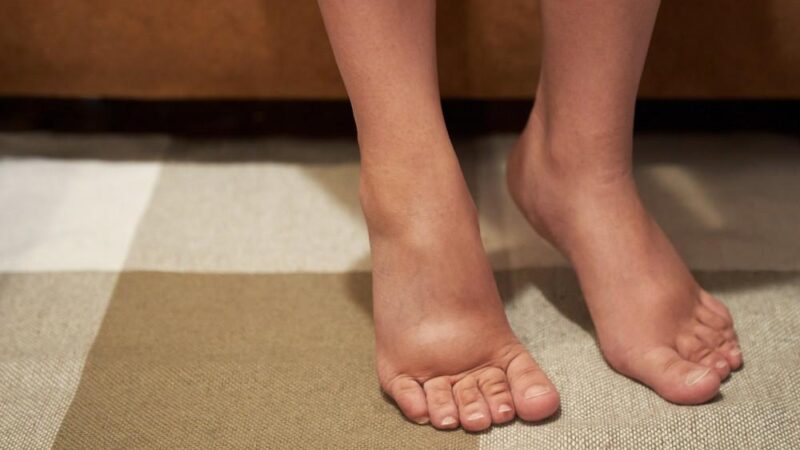Is There The “Right” Time To Snack?

The only right time to snack is not there. But although sweets should only be on the menu in moderation, it can make sense to give them a permanent place in it. Those who feel the need for something sweet and give in to a balanced main meal may consume fewer calories and prevent cravings. This trick can also teach children to use sweets more consciously.
Small children who are just getting to know sweets should eat them as consciously as possible. A good time to snack is, therefore, after eating. They then understand the sugary dessert as part of an otherwise balanced and healthy meal and learn that the delicacies are not always available. Parents should therefore avoid comforting, calming, or even occupying their offspring with sweets. Otherwise, chocolate, gummy bears, and the like can quickly become an unhealthy habit.
Snacking right after a meal is not only beneficial for children. This time can also be helpful for adults for various reasons. Those who first eat healthy and balanced food are not hungry afterward but rather an appetite for sweets. This minimizes the risk that you end up consuming more sugar and calories than you want and should.
Ideally, fiber is consumed with the main meal to keep you full for a long time. The advantage is that the sugar in sweets causes the blood sugar level to rise quickly but is quickly broken down again. A rapidly falling blood sugar level can soon trigger hunger or even ravenous hunger attacks – these will not occur with a balanced main meal. You can find out more about the background of appetite and satiety here.
Of course, nothing speaks against snacking or bulk snacks now and then at a different time, as long as you eat a balanced and healthy diet. For example, one should make sure that a maximum of ten percent of the daily energy requirement is covered by sugar. For most adults, this amount is between 50 and 60 grams of sugar a day. A chocolate bar contains around 60 grams of sugar. However, because sugar is hidden in numerous foods, such as finished products, one should not consume a chocolate bar every day.
So that you can still allow yourself one or two small desserts without exceeding your sugar requirements, you should watch out for hidden sugar in your main meals and between meals. Sweet drinks such as lemonades or fruit juices can be replaced with water or unsweetened fruit teas, for example, and the sugar in tea or coffee can be reduced or omitted. Spread jam thinly on your breakfast bread and prepare muesli yourself with fresh fruit and oat flakes. Ready-made sauces and dips also contain a lot of sugar, and it is healthier if you make ketchup yourself, for example.







